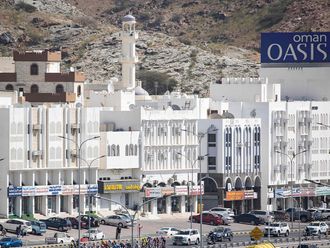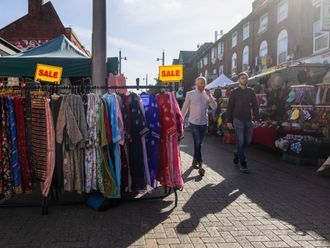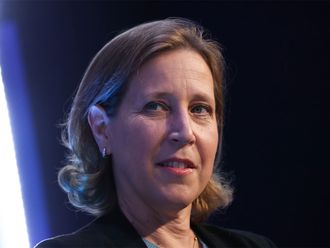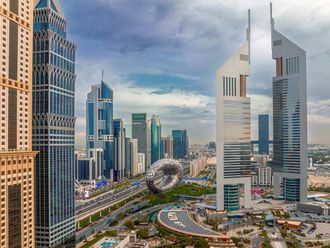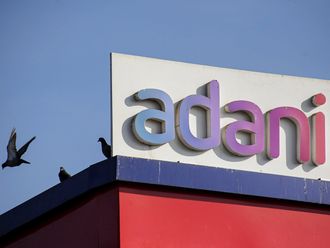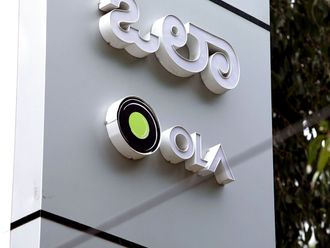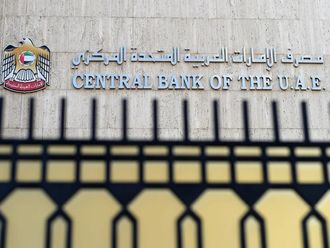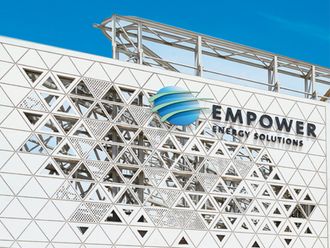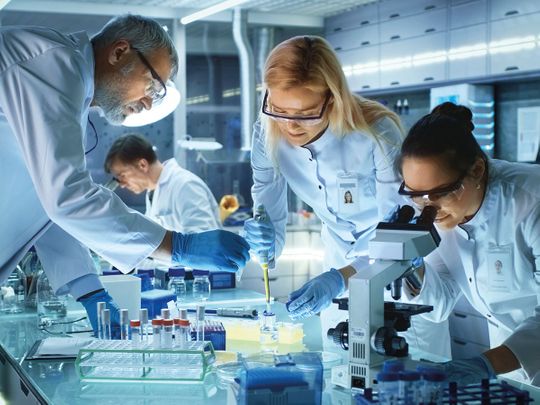
Dubai: Saudi investment funds sure are chasing Insilico Medicine - a biotech firm with an R&D centre in the UAE - in a big way. Just weeks after Prosperity7 - a $1 billion VC firm backed by Saudi Aramco and PIF - took part in a $95 million Series D funding round, Insilico confirmed a deal with the Kingdom’s Ministry of Investment.
The two will cooperate to build ‘capabilities of Insilico’s end-to-end AI-powered drug discovery platform PharmaAI. So, what is it about the company and its products that’s got these deep-pocketed investors to line up?
Alex Aliper, the Co-Founder and President of Inciliso Medicine, has his say.
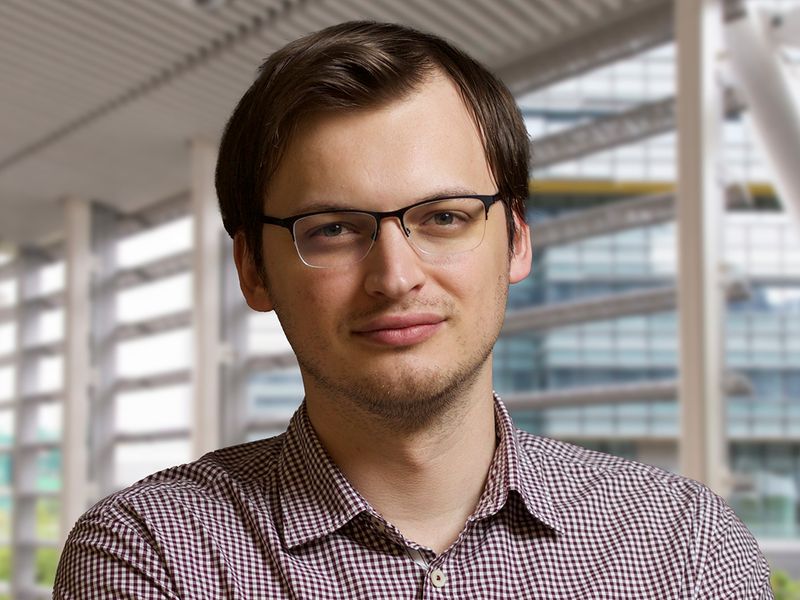
Was the Prosperity7-PIF funding contingent on Insilico launching a hub in the Gulf?
No, the funding round was not contingent on the set up of a new hub. We are very focused on collaborating with Aramco, and on AI for broad-spectrum chemistry applications. Our mission from the very inception is to extend healthy productive longevity for everyone. But to achieve this, we had to develop a sustainable business that includes the broadest end-to-end AI platform and a pipeline of therapeutics targeting specific diseases and fundamental hallmarks of ageing at the same time.
Of course, we do have a plan to expand in Saudi Arabia. However, our entry into the Middle East was in the UAE, where we set up an R&D centre focussed on AI. We discussed the possibility of setting up the biotechnology ecosystem in the UAE with local investors.
This was no coincidence - our plan is to align with the sustainability policy of the country, and design molecules that are more sustainable and environmentally friendly. The location is also very convenient in terms of logistics, as it allows us to support our clients in Asia and Europe across different time zones.
The R&D centre has opened its doors to the talented scientists and researchers in the area and other regions, and we’re seeking to grow the site to around 40-50 scientists and AI software developers within a year.
We do think that AI-powered drug discovery can be a huge opportunity for the region in the long term.
You speak about expanding beyond AI-backed drug R&D into agritech, etc. Wouldn’t this mean over stretching on your core competencies, which seem to be in medications?
Several other AI companies specialising in drug discovery are using a very narrow form of AI for specific applications. We are focusing on building multi-modal AI that can solve multiple tasks in chemistry and in biology. And some of our platforms get ‘smarter’ with scale and as they learn new tasks. For example, we train our Chemistry42 on agricultural chemistry and it learns how to make super safe molecules that are not only safe for humans but also for bees, pets, and even plants.
There is huge value in collaborations that may not look obviously valuable for drug discovery. While it is true that our priority is around discovery and development of novel therapeutics, many components of our established AI platform are general-purpose and can be used in different applications.
Finding new applications of our platform also help us better understand its limitations and further improve its utility.
Is there any particular area of healthcare that you are focusing your drug capabilities on?
Insilico targets disease areas of high unmet medical needs. Mainly in cancer, but also fibrosis/IPF, COVID-19 and ALS. Our anti-fibrotic programmes are very important from the perspective of the demonstration of the potential of the AIDD (AI drug discovery) engine.
The beauty of our anti-fibrotic programme is that these are not just AI-designed molecules, but the target was also discovered by AI. It is a big milestone for AIDD, especially if we show complete safety in Phase I and efficacy in Phase II. We are also focusing on challenging oncology, and in this reference our milestone is the collaboration with Fosun Pharma on QPCTL target comes to mind. We managed to nominate a preclinical candidate in the very novel immuno-oncology space, and now Fosun has a real chance to be the first in one of the most promising areas of cancer not only in China but globally.
This spring we also nominated a novel preclinical candidate (PCC) targeting 3C-like (3CL) protease for the treatment of COVID-19, and identified multiple new targets for amyotrophic lateral sclerosis (ALS) using our proprietary AI-driven target identification platform PandaOmics.
You talk of AI-backed drug R&D. Where does the AI come into this?
Insilico has built an end-to-end AI-powered drug discovery platform that supports all major stages of drug discovery. It uses generative biology and generative chemistry approaches to discover novel biological targets and generate novel molecules with drug-like properties.
Recently, we announced the start of Phase 1 clinical trial of our first-in-class small molecule inhibitor of a novel biological target discovered by our AI platform. The molecule is being developed for the treatment of idiopathic pulmonary fibrosis (IPF), a chronic lung disease which results in progressive and irreversible decline in lung function.
The entire discovery process - from target discovery to preclinical candidate nomination - took us under 18 months setting a new industry record.
Have you gone beyond drug-related R&D?
In 2017, we set a goal for ourselves to become the No. 1 company in AI-powered drug discovery in China since it is the most dynamic and also most competitive market in the world with a rapidly growing biopharmaceutical industry and the largest cluster of contract research organisations (CROs). We want to keep on setting records delivering more preclinical candidates that can be chosen by the best biotechnology companies for further development into the clinic. As we learn from the entire global pharma market, we will be putting out new AI software solutions. We also plan to launch our own robotics+AI lab that will generate a lot of new data.
The Prosperity7-PIF led investments – was this the biggest funding round yet? What’s the company valued at currently?
Our largest funding round to date was the $255 million Series C we closed in June 2021. The round D funding round was led by BCG in the first closing and Aramco’s Prosperity 7 in the second closing of the round D.
The total size of our round D was $95 million and we raised over $415 million to date. We cannot disclose the valuation.


